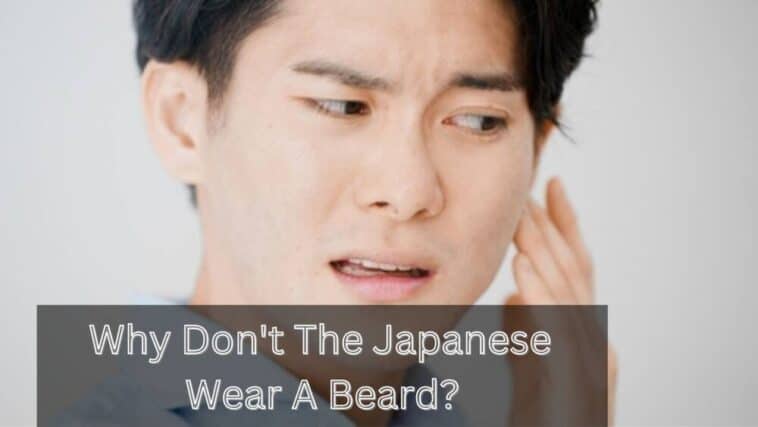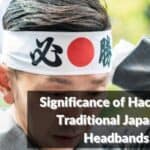Curious to know why don’t the Japanese wear a beard. Here are some of the key reasons why the Japanese don’t opt for beards. Read on to find out more.
Ever notice how many Japanese men are clean-shaven? It’s not just genetics. Dive into the cultural reasons why beards in Japan can be seen as unprofessional, unkempt, or even a symbol of rebellion!
Why Don’t The Japanese Wear A Beard
Reason Behind No Beard In Japan
In general, beards have become increasingly uncommon and are only seen in men of more advanced age. However, within the past few years, there has been a renaissance in young Japanese men’s interest in growing facial hair.
This new generation of beard lovers looks to international celebrities like Brad Pitt and George Clooney as well as Japanese hipsters who have embraced the “hipster” look for their source of inspiration.

Now, let us understand why Japanese people don’t wear beards.
- Unhygienic
This is unbelievable, but it’s the truth. The majority of Japanese people, particularly Japanese women, hold the opinion that facial hair gives the impression that a man is unclean.
The only other countries in the world that consider men who have facial hair to be unhygienic are Japan and Korea. On the contrary, if you are not a native Japanese, the people of Japan will not care about the density of your facial hair.
They have a preconceived notion that hairy Japanese men are unclean. If you are someone who has a long beard and is planning to visit one of these countries in the future, don’t worry about the fact that you will need to clean off your beard because you are a foreigner and no one will point out your beard. You don’t need to clean off your beard.
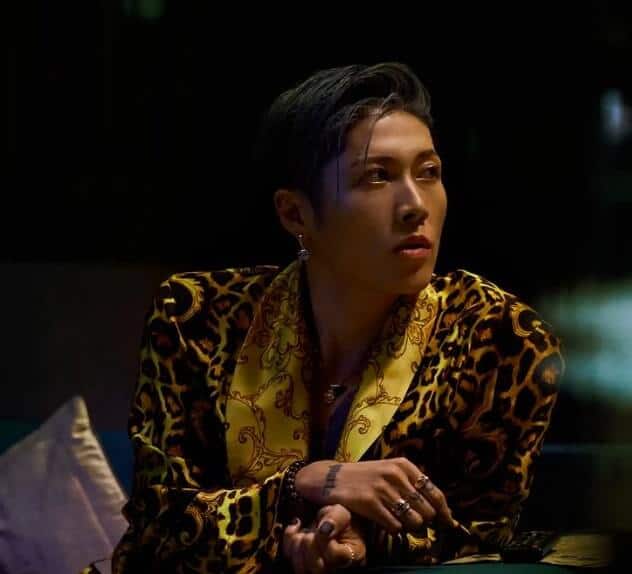
- Genetics
It is only natural that people of Chinese, Japanese, and Korean descent do not grow full, thick beards. It’s possible that environmental factors will play a significant role.
Both the temperature and the humidity tend to remain very low at that location. Therefore, it becomes very challenging to grow a beard on one’s own naturally. For this reason, you don’t see a lot of men in eastern Asia with thick facial hair.
It does not rule out the possibility that they could grow it. Certain individuals do possess robust genes and are consequently able to cultivate full beards.
Considering the idea and the culture, they will typically make an effort to keep it clean. As was just mentioned, men of the younger generation tend to avoid growing beards, while men of the older generation still sport full beards to the same extent as anyone else in the world.
- Corporate Culture
Because of the stringent regulations that most offices in Japan have regarding facial hair, the vast majority of them do not permit employees to have beards or mustaches. As a result, almost every working-class man in Japan is clean-shaven.
The people of Japan and Korea are known for their diligence and the high regard they have for their jobs. Therefore, if the policy at their place of employment states that facial hair is not permitted, they will adhere to it.
- Men prefer clean shave
The majority of the men there prefer to have a clean shave. It not only provides them and their culture with a unique identity, but it also differentiates them from others, which is an extremely positive trait.
In recent years, there has been a trend in which people favor men who do not have beards. The West’s fascination with models and musicians from Japan and Korea stems from their prominence in the media.
Their one-of-a-kind clean shave identity differentiates them from the others in the industry. In general, everyone ought to be allowed the freedom to choose for themselves how they want to style their facial hair.
- Societal Rules
These days, growing facial hair is considered to be somewhat of a social faux pas in these countries. Which is a little bit depressing.
Their culture has evolved to the point where it now has a type of mentality that is very difficult to alter. The people there have finally come to terms with the fact that having facial hair is not part of our culture.
History of beard in Japan
In Japan, they have one word for any type of facial hair, excluding eyebrows – hygiene [髭] This word is used for mustache, beard, sideburns, and whiskers all at once in Japanese.
Even the Japanese language does not appear to be a fan of beards, as the same pronunciation that is used for the word “hygiene” is also used for the word “self-depreciation.”
In the past, a beard was considered to be a symbol of power in Japan, particularly among samurai who desired to give the impression of being solemn and dangerous.
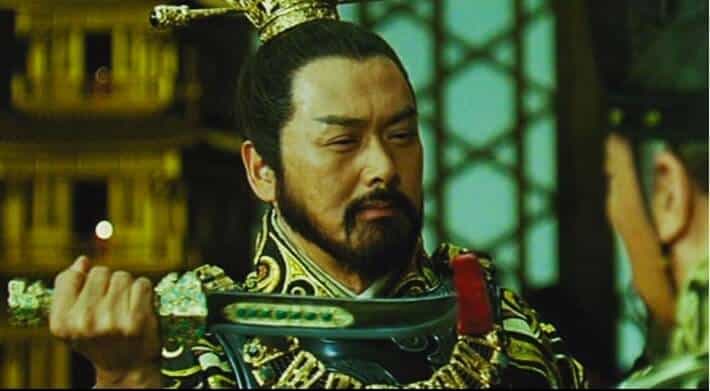
Some samurai even wore false beards in order to create a favorable first impression. This is the single most important factor that contributed to the beard’s falling out of favor.
When the country became a civilian government, wearing a beard meant rebelling against that government.
The majority of samurai of that era removed their beards, and some of them tied their hair in a bun or knot behind their heads.
When people started using the word “ketou” (毛唐) to refer to people from other countries, the rate of discrimination went up. Additionally, the Ainu people were recognized for their use of mustaches.
After the Meiji period, other high-ranking people began to use mustaches and beards as well, and they even stood out for doing so. Even in the previous century, it was not unusual to find men who sported facial hair in the form of beards.
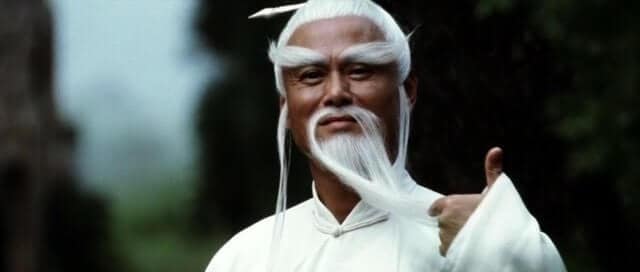
- Related: Significance of Hachimaki
- Related: Traditional Japanese Footwear
General Notes
You will probably observe that the majority of young people in Japan do not sport beards. They tend to adhere to the male standard of beauty, which holds that girls should have clean-shaven faces.
Even though the social pressure isn’t overwhelming and everyone has the freedom to do as they please, most Japanese men don’t sport facial hair.
Beards are becoming increasingly popular among contemporary artists. You will notice Takashi Murakami, Hayao Miyazaki, Hideo Kojima, Sailor Fuku Ojisan [Hideaki Kobayashi], Yamada Takayuki, and Jumpei Yasuda wearing beards.
If you come across elderly people who do not shave their beards, it is either because they are descendants of the Ainu or because they have reached old age and have chosen not to.
People will also put on fake beards as part of their costumes in a number of different settings. They do it because it’s fun for them.
Why Don’t The Japanese Wear A Beard: FAQs
Can Japanese men have beards?
Beards on Japanese men are not a common sight, but it is possible for them to grow.
As a matter of fact, beards are typically considered to be unkempt and untidy, which is why the majority of Japanese men choose to keep their faces shaved.
Can you teach in Japan with a beard?
Yes, you can. Although it is not a common sight, people with beards also tend to teach in Japan.
Do Japanese men wear mustaches?
Like beards, you’ll soon realize that almost no men, especially those with salaries, have mustaches. This is especially true of younger men (or facial hair for that matter).
Even though shaving your mustache can occasionally cause problems, simply having a mustache in Japan can be a problem.
Conclusion
There are a few reasons why Japanese people do not typically sport beards. To begin, the Japanese word for beard is pronounced similarly to the word for self-deprecation.
Therefore, most people try to avoid developing beards. Hygiene is another important factor. Beards are considered unclean, and according to today’s beauty standards, most people choose to keep their faces clean-shaven.
There is no need to be concerned if you have a beard and plan to travel to Japan. It won’t be necessary for you to shave it! The indigenous people will not say anything because you are a foreigner. Happy travels and don’t forget to explore beautiful places!
Also Read:


